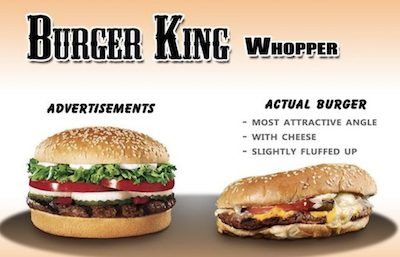TL;DR
Choose “preferences” over “necessities”.
Whom am I speaking to? Who is this going to help?
The type-A person who struggles adapting to reality.
My Mind Dump.
The quick fix
Many times we tell ourselves that we need something to function well. “I need my coffee”, “I need my rest”, “I need my peace and quiet”.
But these necessities get in the way of our attempt toward progressively realizing our ideals. Let’s face it, life is messy, so what can you do about it?
Change your attitude. How? By changing the words you use in your mental, habitual narrative.
Exchange your “needs” for “preferences”.
- “I prefer to have my coffee… but I can still do great work without it”
- “I prefer to lift weights at the gym… but I can still get a good workout in today”
- “I prefer to work when things quiet down… but I can get a lot done right now”
Dealing with Reality as a mean for success
This question came up when I asked the question, “what’s the best mental framework for having the courage to confront reality?”
Ray Dalio’s formula for success is: Pain + reflection = progress.
Here’s how I interpret this formula:
- Pain = confronting reality
- Reflection = learning
- Progress = Success
- Success = progressive realization (not the attainment) of our worthy ideal
Dealing with pain, or confronting with reality, is perhaps one fo those things I struggle with the most.
Learning comes relatively easy. I love reading, and I love writing about what I learn.
But when we talk about
- earning money
- having a great family
- creating something big
it often means dealing with the imperfection of reality.
Especially when we speak in regard to our egos, dealing with reality means having people judge your work, and then label you as “good” or “bad”.
So, how do we maintain good morale, while avoiding the labels that people put on us in pursuit of our progress?
For starters, I think a major prerequisite is having such a strong, inner identity of who you are, and your role in this world. If you have no clue what I mean by this, consider reading Rollo May’s, “Man’s search for Himself”.
When your inner identity is weak, it becomes subject to the programming of labels that comes from the exterior world.
If people call you dumb, you will internalize that label, and then proceed to act in accordance with that narrative.
But someone with a strong inner identity will ask themselves, “it it really dumb that I tried? Or do I simply need to improve upon my skill set?”
If people reward you for your appearance, your identity will depend on your perceived level of attractiveness, and you will feel anxious on day where you’re not on your “top game”.
How do we develop a stronger inner identity that’s resistant against the exterior labels people put on us?
- Read
- Journal
These two activities alone will pave the way towards the development of
- principles
- values
Why are these two important? Because when you have a solid understanding of what you value, who you are, and your role in this world, then you become resistant to the labeling from other people.
Maybe one day someone calls you “dumb”–you may journal that and ask yourself to what extend is this label true?
If it’s true, when why should it bother you? If it’s true, and you wish to change it, what steps can you take to better educate yourself?
If it’s false, why bother giving it any more weight? Have you considered that a false label reveals more about the person that it does about you?
More than anything else, confronting reality is one of those things that you become better at with time and iteration. Having this framework helps in taking that first step, but at one point, you’ll get the opportunity to actually put these ideas to the test, and progress according to the success formula
Self-respect and acceptance of imperfection as related but distinct concepts
This leads to the ideal of balance between self-respect for oneself and acceptance of imperfection when we’re not as good as what we imagined.
What’s the difference between self-respect and “Acceptance of imperfection”? If I seek to align myself with a higher, ideal version of myself, should I not attempt to seek perfection by matching myself as close as possible to that ideal reality?
Self-respect refers to valuing and honoring oneself as a person. It involves recognizing your inherent worth, setting healthy boundaries, and treating yourself with dignity. Self-respect is about acknowledging and appreciating your strengths, accomplishments, and values.
On the other hand, acceptance of imperfection is the recognition that perfection is an unattainable goal. It is the willingness to embrace and acknowledge your flaws, mistakes, and limitations. Accepting imperfection means understanding that making mistakes and experiencing setbacks are natural parts of being human, and they do not diminish your self-worth.
How does this opinion explain how the world really works in a way that accurate, wholistic, and realistic?
The world is an imperfect place; those who can adapt and overcome these imperfections will go farther in life to higher ideals.
Given your thoughts and opinions, what practical actions can we take?
Practice and be patient with adapting. As long as you don’t quit, you will win. It may take you a long time, but what’s the alternative?
